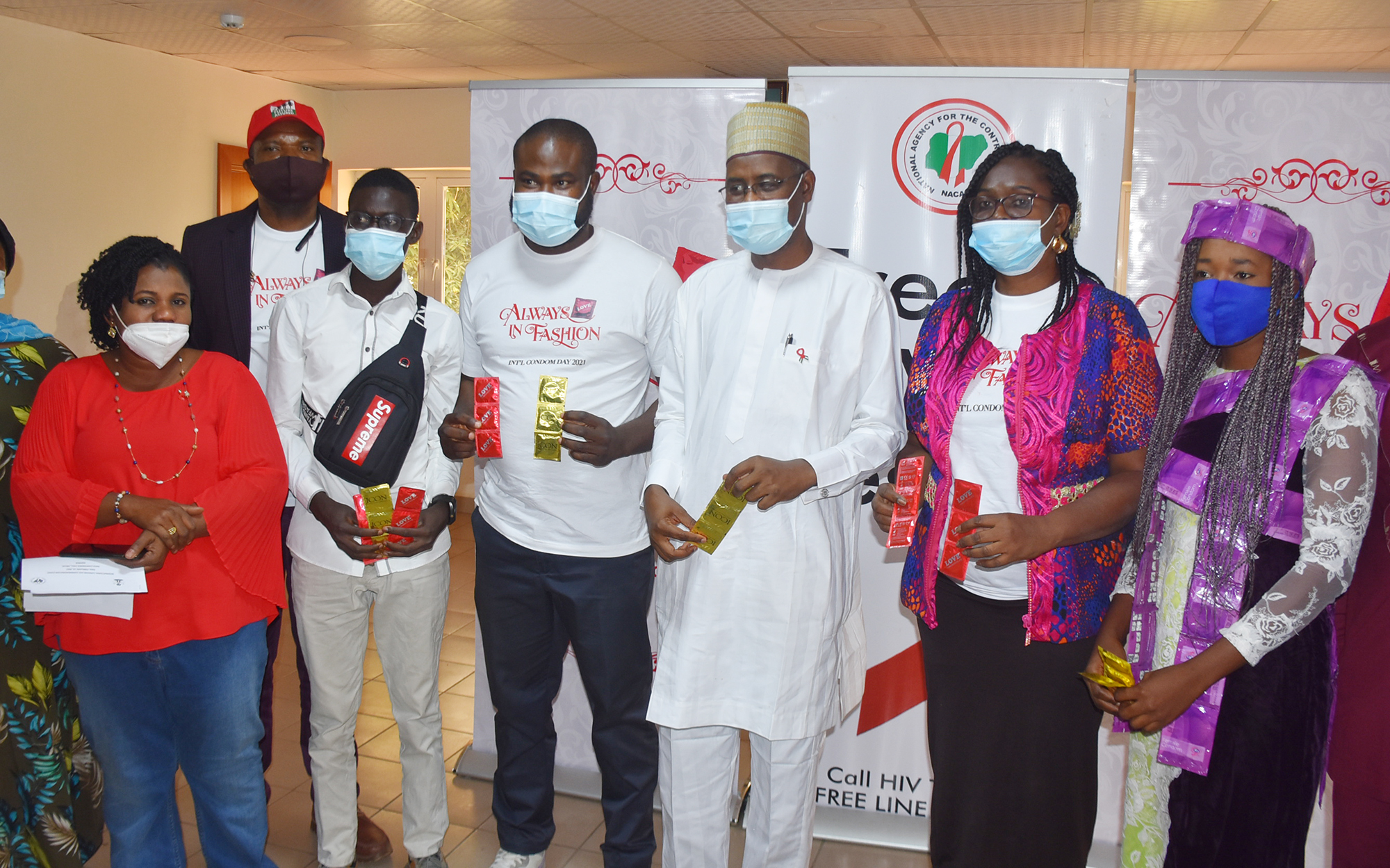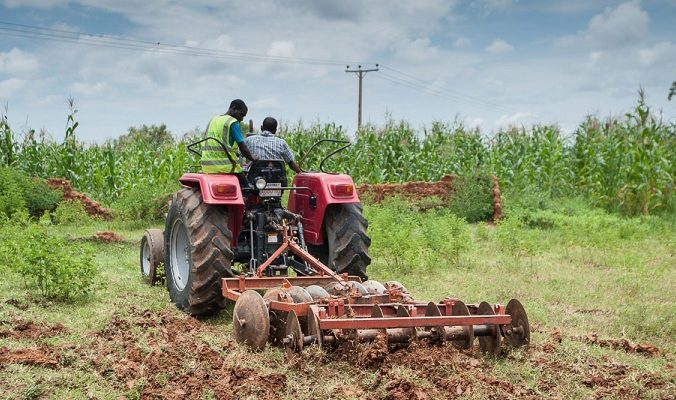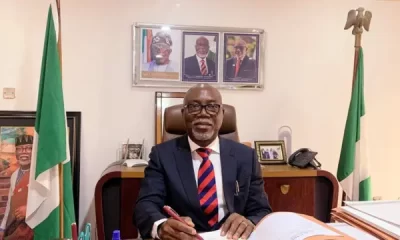Business
Customs Laments Low Business Along Lagos-Abidjan Corridor
The Nigeria Customs Service (NCS), said it was making efforts to revive economic activities on the Lagos-Abidjan corridor, which has reduced significantly.
The Public Relations Officer, NCS, Seme Border Command, Mr Taupyen Selchang, said economic activities through the corridor had been at a low ebb since March.
According to a statement by Selchang on Monday in Lagos, the development has significantly reduced revenue generated by the command.
He said, “The Seme border which links other West African countries and noted for its busy nature in vehicular and human traffic is for the first time witnessing a situation where the economic activities through the busiest corridor is considered to be at its lowest ebb.’’
Selchang explained that the command had however engaged stakeholders to determine the causes and proffer solutions.
The spokesman said already, the command’s public relations team had met with some stakeholders, including Alhaji Lasisi Fanu, Chairman, Association of Nigerian Licensed Customs Agents (ANLCA), Seme Chapter.
He said that Fanu had attributed the situation to the ”over 150 per cent increase in the benchmark, which was not favourable to importers”, in addition to the upward review of the value of imported goods by the Tariff and Trade Unit of the NCS.
“The annual China break that usually takes place from January to February, could also be a contributory factor to the dwindling revenue bedeviling the command, and the current economic recession occasioned by the increase in forex (exchange rate) which affected importation of general goods,’’ Selchang said.
He noted that the ANCLA chairman disclosed that the situation did not only affect the revenue drive of the command but the entire association, as it had rendered most of their members redundant.
The command’s spokesman recalled that the slow pace of economic activities commenced in March 2017 after stakeholders exhausted the backlog of uncleared goods at the Atlas Park in December, 2016.
“The empty park indicated that there were no imports through the land border as at the time of the visit.
“The downward trend in economic activities in March, 2017 resulted to very low revenue of N474.52 million generated by the command.
“The command also recorded 62 seizures with a Duty Paid Value (DPV) of N25.74 million in the period under review.
“It is pertinent to note that the challenge witnessed in March, 2017 still persists,’’ Selchang said.
The Tide source reports that the command generated N773.1 million in February.
According to the spokesman, the Customs Area Controller, Mohammed Aliyu, would continue to engage critical stakeholders in series of mutual consultations on the way forward.
He added that the controller had warned that all units must facilitate legitimate trade across the frontier, adding that any officer found engaging in acts inimical to the ideals of the service, would face the full wrath of the law.
The spokesman added that Aliyu had also cautioned all officers under the command to be professional in their duties and help create conducive environment to ease business transactions among stakeholders.
Business
Prioritise Agro-Processing, Ex-FIIRO Boss Charges Women Farmers

Business
ActionAid Urges Media Support For Inclusive Food Systems

Business
AGRA, Nestlé, TechnoServe Unveil $1m Climate-Smart Agric Project

-
Politics3 days ago
Anambra Guber: INEC Releases Final List Of Candidates
-
Sports3 days ago
ICC Nominates Nigeria For Women’s Cricket Award
-
Niger Delta3 days ago
Delta APC Reaffirms Support For Oborevwori’s Administration
-

 Featured3 days ago
Featured3 days agoTight Security As Muslims Celebrate Eid-el-Kabir, Today
-

 Politics3 days ago
Politics3 days agoTribunal Dismisses PDP, Others’ Petitions Against Aiyedatiwa’s Election
-

 Politics3 days ago
Politics3 days agoDSS Seeks Court Injunction Against Publicity For Utomi’s Shadow Govt
-
Sports3 days ago
Tinubu Assures Kano Crash Survivors Of Rehabilitation
-
Rivers3 days ago
LG Administrator Commits To Completing Ongoing Projecrs … Urges Students Of The LGA To Be Focused

